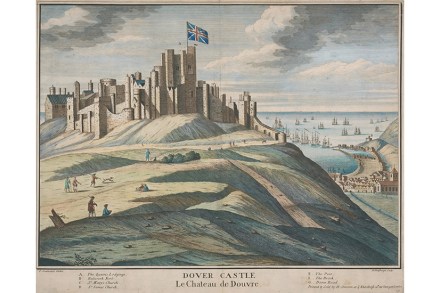Secret treaties and games of cat and mouse: a choice of recent crime fiction
Almost any promising writer of spy fiction can expect at some point to be called the ‘next Le Carré’, an accolade even more promiscuously applied since the death of the master. James Wolff has immediate credentials to jump the queue, since, like Le Carré, he uses a pseudonym and claims to work at the Foreign





















